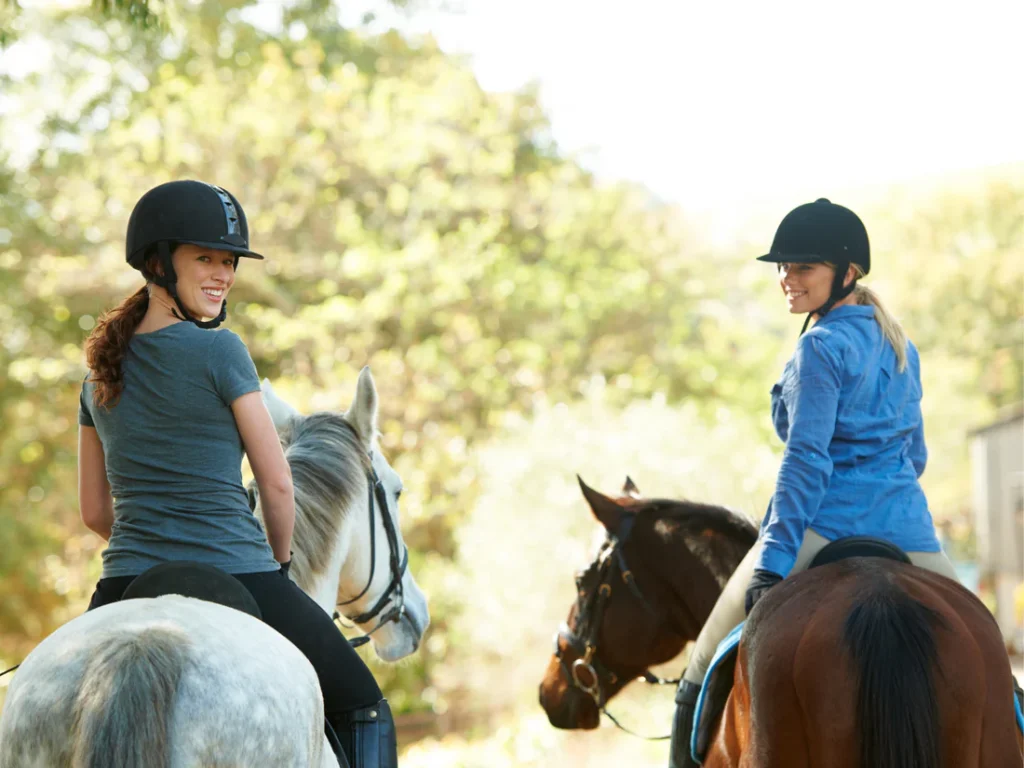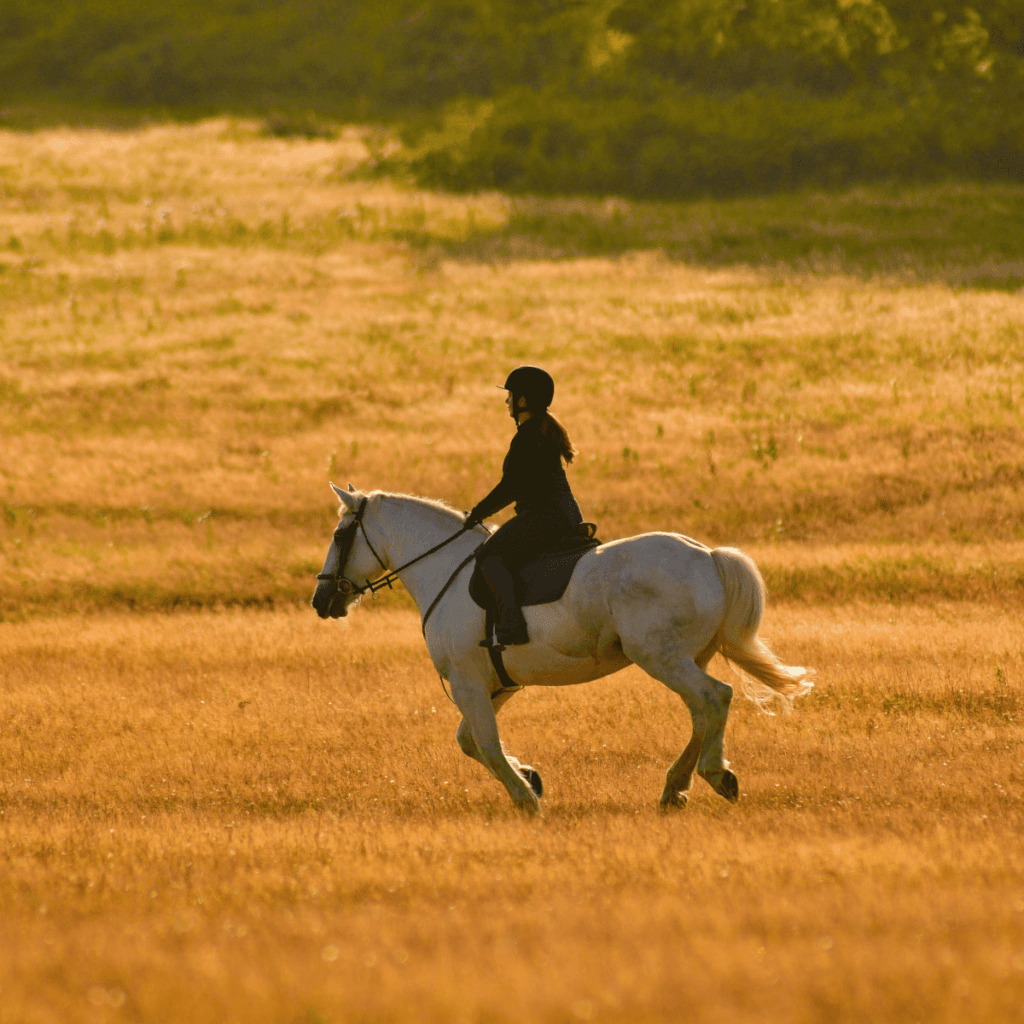5 Mistakes Made by New Horse Riders
Starting your journey as a horse rider is an exciting adventure, but it can also be overwhelming. Whether you’re just beginning or have a few lessons under your belt, it’s easy to make mistakes that can affect your progress and your bond with your horse. Here are five common mistakes new riders often make and tips on how to avoid them.
1. Ignoring Proper Gear
One of the first mistakes many new riders make is not investing in the right riding gear. While it might be tempting to save money, proper equipment is crucial for safety and comfort.
- What to Do: Always wear a certified riding helmet, sturdy boots with a heel, and appropriate clothing. If you’re not sure what to buy, consult with your riding instructor or local equestrian store. Investing in the right gear from the start can prevent injuries and help you ride more confidently.
2. Lack of Understanding Horse Behavior
Horses are sensitive creatures with their own body language and behaviors. New riders often underestimate the importance of understanding how to read a horse’s mood.
- What to Do: Take the time to learn about equine behavior. Pay attention to your horse’s body language—ears, tail, and posture can tell you a lot about how they are feeling. Building a relationship based on trust and understanding will enhance your riding experience.
3. Poor Communication with the Horse
New riders sometimes struggle with effectively communicating with their horse. This can lead to frustration for both rider and horse, and it may result in a lack of responsiveness.
- What to Do: Focus on your aids—your legs, hands, and body position. Practice giving clear, consistent signals. Horses respond best to gentle, positive cues. The more you practice, the better you’ll become at communicating with your horse.
4. Neglecting Groundwork
Many new riders jump straight into riding without spending enough time on groundwork. Groundwork is essential for building a strong foundation and developing trust between you and your horse.
- What to Do: Spend time learning groundwork techniques such as leading, lunging, and desensitizing your horse to different stimuli. This will not only improve your horse’s responsiveness when you ride but also strengthen your partnership.
5. Skipping Lessons or Feedback
Some new riders feel they can teach themselves or that they don’t need formal lessons. While enthusiasm is commendable, skipping professional guidance can lead to bad habits and potential safety issues.
- What to Do: Commit to regular lessons with a qualified instructor. They can provide valuable feedback and help you develop proper techniques. Don’t hesitate to ask for clarification if you don’t understand something. Remember, everyone learns at their own pace.
Every new horse rider makes mistakes—it’s part of the learning process. By being aware of these common pitfalls, you can set yourself up for a more successful and enjoyable riding experience. Patience and practice are key. Cherish each moment with your horse, and enjoy the journey together!




